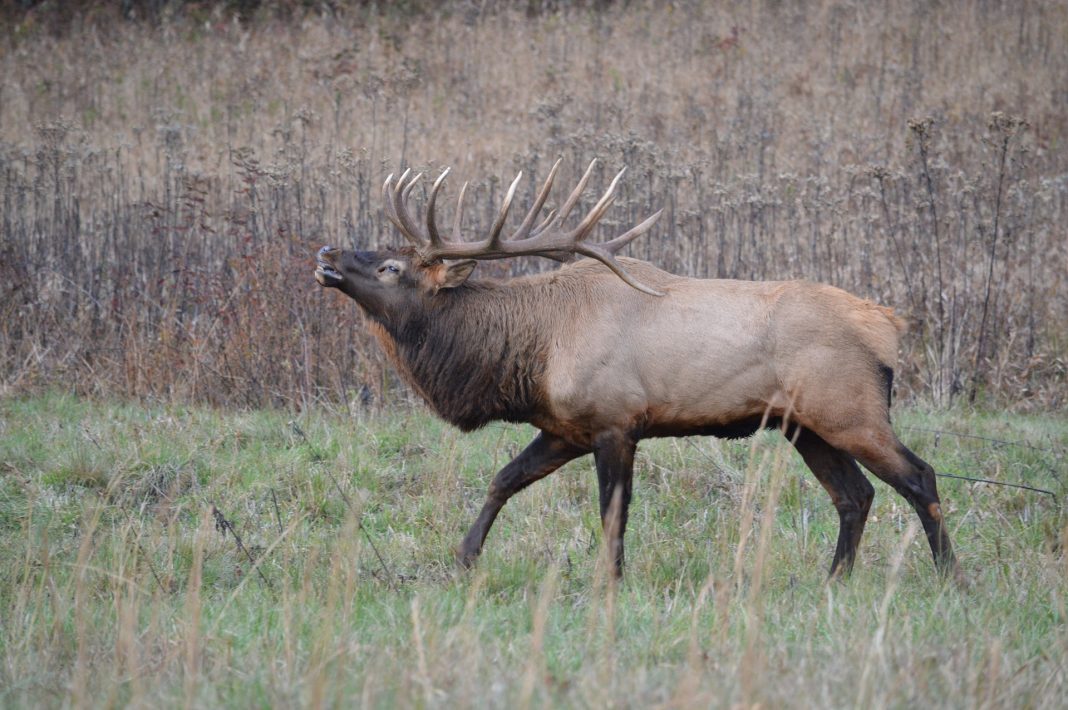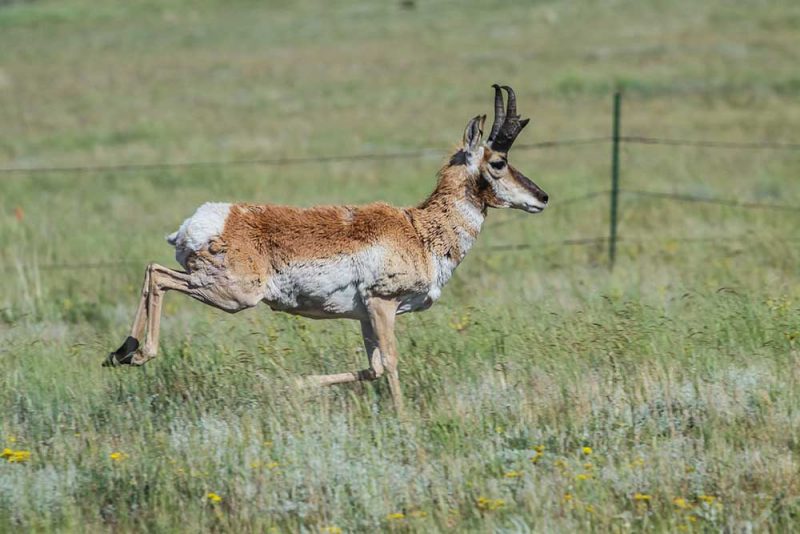A controversial court case has ended and the U.S. Supreme Court ruled in favor of hunting.
Clayvin Herrera, a member of the Crow tribe in Montana, was out hunting elk with his hunting party in 2014 and followed elk from his reservation to the Big Horn National Forest in Wyoming where the group killed 3 elk.
Wyoming Game and Fish officials conducted an investigation and charged Herrera for hunting out of season and without a license. His hunting rights had been suspended for 3 years along with an $8,000 fine. Herrera took his case to court citing a treaty signed in 1868 granting hunting rights to tribal members on unpopulated US forest lands. Wyoming has countered that President Cleveland’s designation of the Big Horn National Forest nullifies that treaty.
On Monday, May 20th, the U.S. Supreme Court ruled that his tribe’s treaty is still valid. You can read the ruling here.
The decision was split among the judges, winning 5-4. Justice Sotomayer wrote in the majority ruling “There isn’t any evidence in the treaty itself that Congress intended the hunting right to expire at statehood, or that the Crow Tribe would have understood it to do so.” This win sets a precedent that treaties are still valid.
The judges who voted against it cited two other cases, Ward v Racehorse and Crow Tribe of Indians v Repsis, saying that identical language was used in these cases to rule against the tribe. They claim that as soon as Wyoming became a state, the animals became the state’s to manage. Justice Alto said, “It is ‘a fundamental precept of common-law adjudication’ that ‘an issue once determined by a competent court is conclusive’.”















